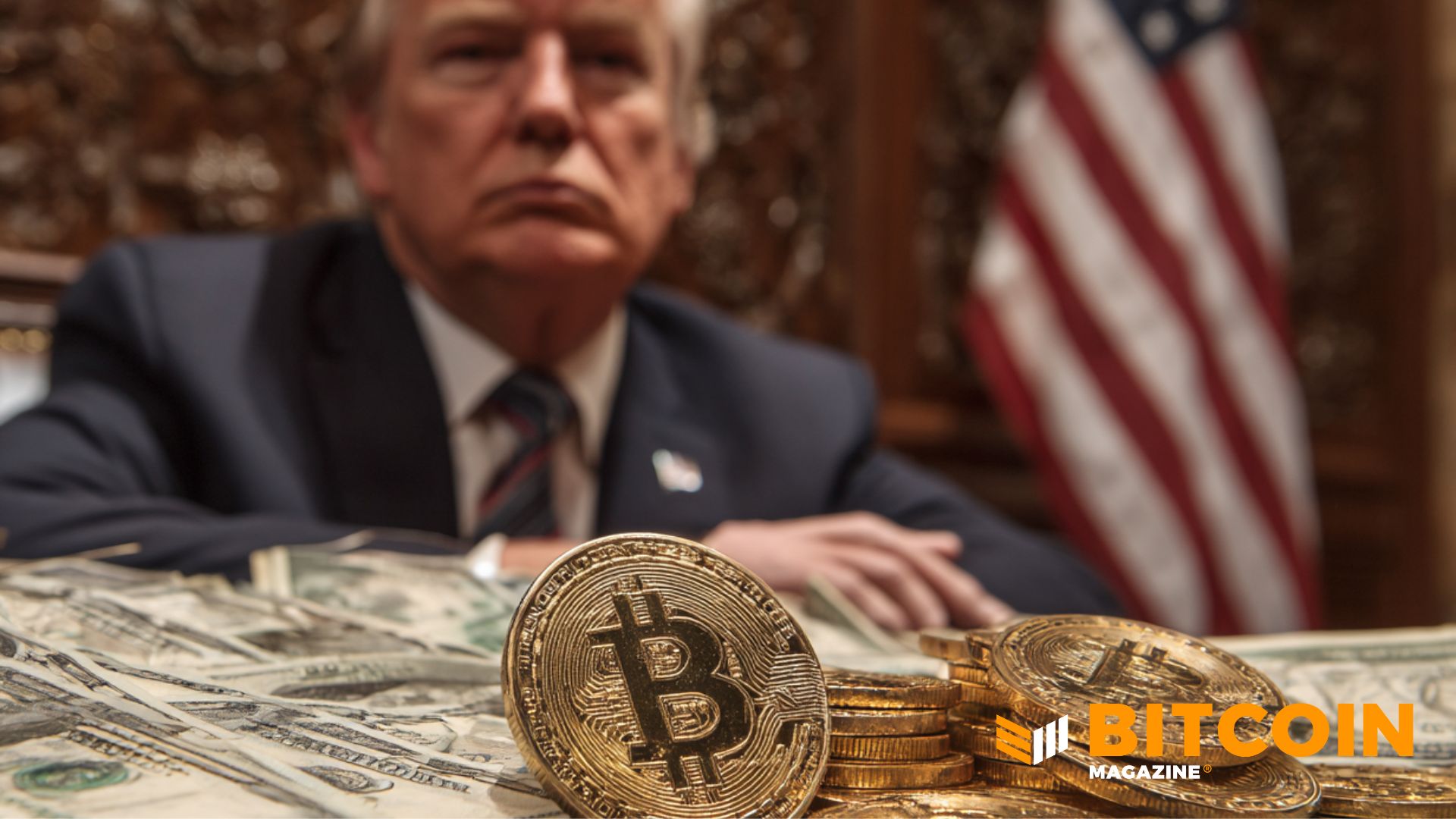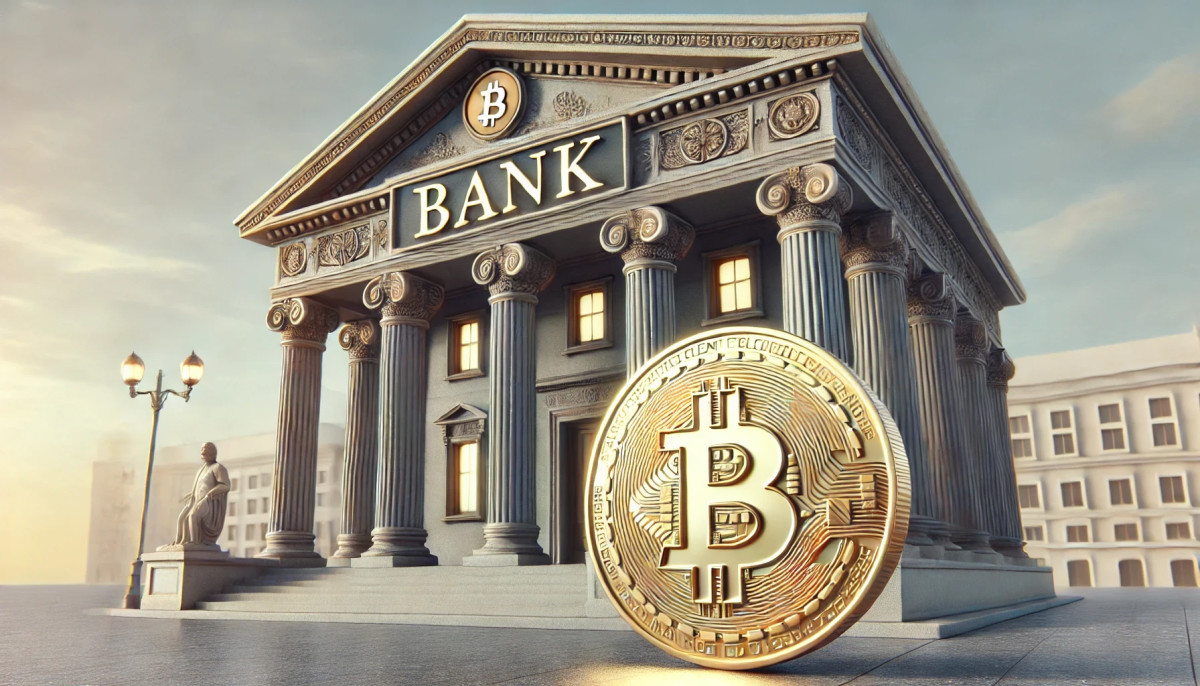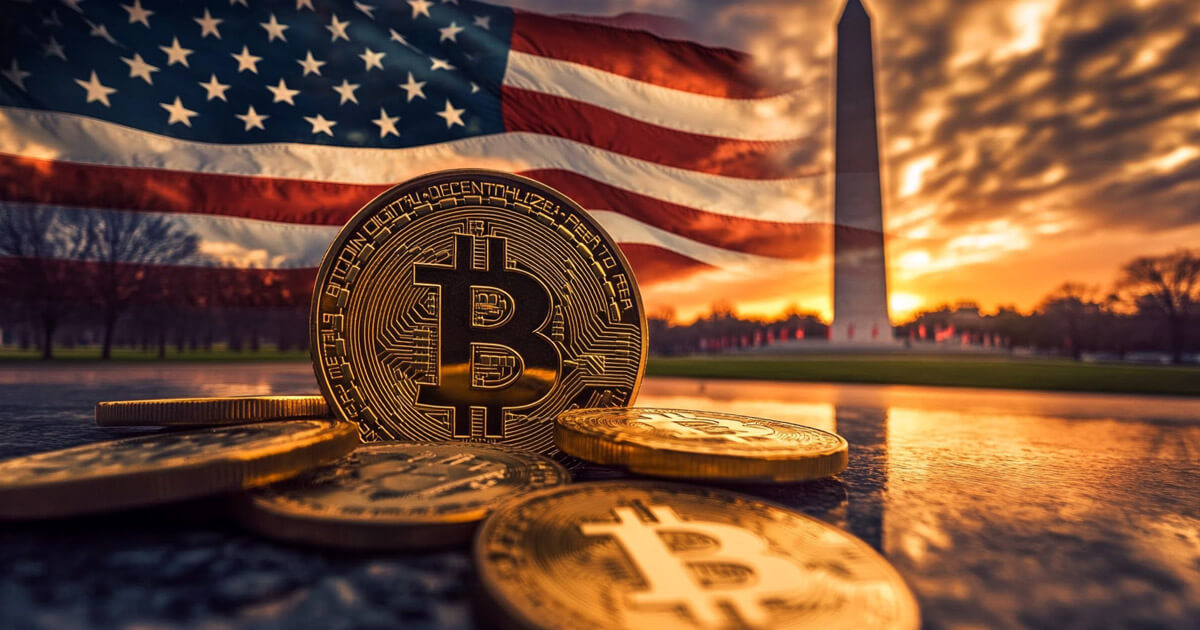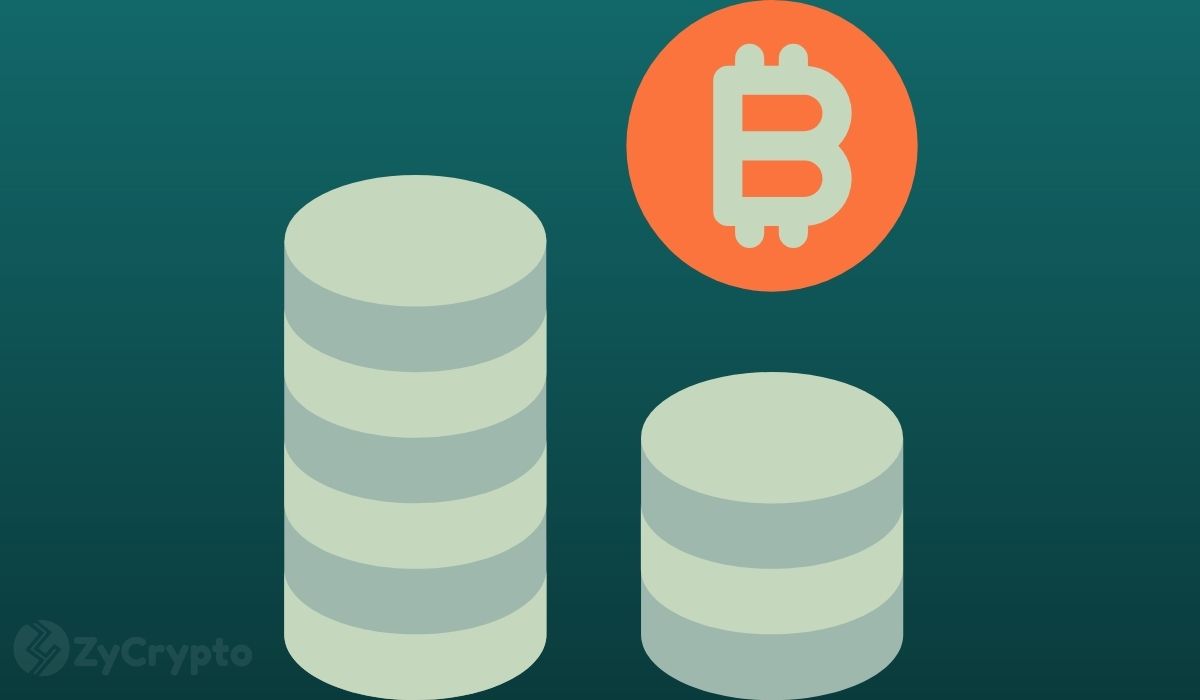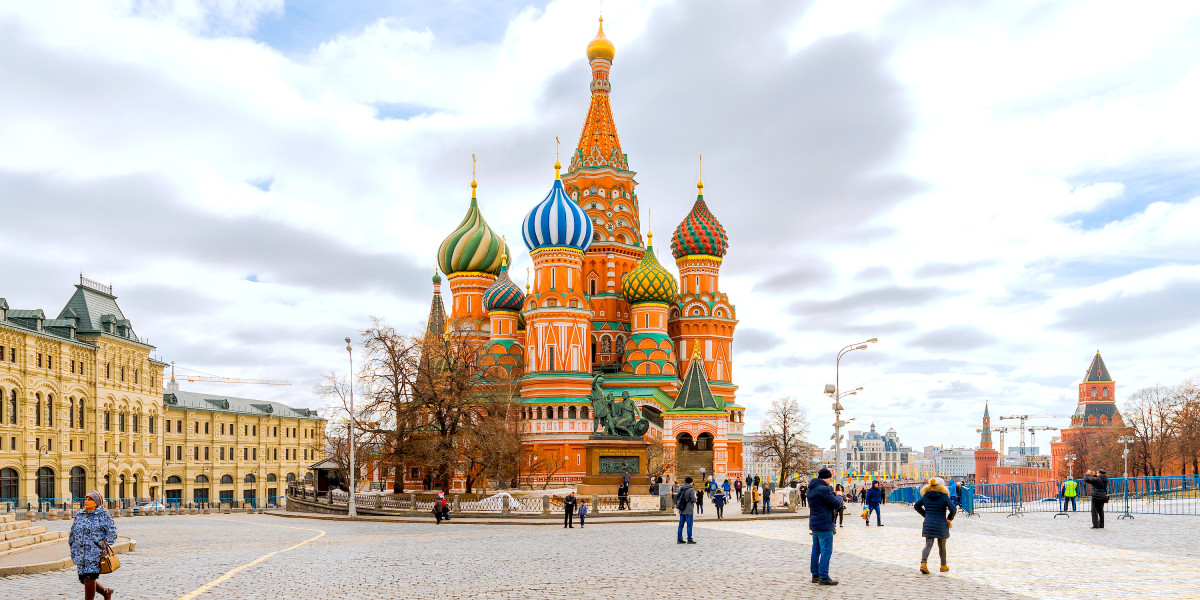
2025-1-3 14:30 |
If implemented, this move could catalyze widespread adoption of Bitcoin across the globe, influencing not only the cryptocurrency market but also the broader global economy.
Trump’s Bold ProposalAt a high-profile Bitcoin conference in Nashville last July, President-elect Donald Trump introduced the concept of a “Strategic National Bitcoin Stockpile.” He envisioned the government accumulating Bitcoin seized during criminal investigations, committing never to sell these assets. According to BitcoinTreasuries, the U.S. currently holds 198,000 Bitcoins valued at approximately $21 billion.
Trump’s proposal has since garnered significant attention, prompting legislative actions and endorsements from influential figures within the crypto community. Senator Cynthia Lummis (R-Wyoming) has championed the cause, proposing a bill for the government to acquire 1 million Bitcoins over five years as a hedge against economic uncertainty and monetary instability.
Source: X
Metaplanet’s Meteoric RiseTokyo-listed Metaplanet, often dubbed “Asia’s MicroStrategy” due to its aggressive Bitcoin investments, exemplifies the potential rewards of strategic Bitcoin adoption. Since initiating its Bitcoin strategy in April 2024, Metaplanet has amassed 1,762 BTC, valued at approximately $165 million. The company’s shares have surged an astonishing 1,900% over the past year, outperforming all major Japanese stock indices.
Metaplanet CEO Simon Gerovich anticipates that Trump’s strategic reserve initiative will propel other Asian nations to follow suit. “If President Trump establishes a Bitcoin strategic reserve, Japan and other Asian nations will follow the same path,” Gerovich stated at a recent Bitcoin event hosted by Michael Saylor. He further highlighted that Bitcoin adoption has enabled Metaplanet to navigate Japan’s rising debt and yen volatility, transforming the company from a “zombie” entity into a thriving enterprise.
The Purpose and Potential of a Strategic Bitcoin ReserveA strategic Bitcoin reserve aims to provide the U.S. government with a diversified asset base, potentially stabilizing the economy and strengthening the dollar’s status as the world’s reserve currency. Tyler Cowen, an economics professor at George Mason University, suggests that holding Bitcoin could solidify U.S. dominance in the global financial system.
Michael Saylor, founder and Executive Chairman of MicroStrategy, envisions the reserve helping to pay down the national debt, which currently stands at $35 trillion. He posits that if Bitcoin’s value continues to soar, the strategic reserve could generate up to $81 trillion in new wealth for the U.S. Treasury over the next decade.
In addition, Padhraic Garvey, Regional Head of Research for the Americas at ING, argues that controlling a portion of Bitcoin supply could prevent its misuse by malicious entities and deter other nations from adopting it as a dollar alternative. This strategic control could place the U.S. at the forefront of the digital currency revolution.
Global Implications: Asia and BeyondThe ripple effects of the U.S. adopting a strategic Bitcoin reserve could extend far beyond its borders. Metaplanet’s Gerovich anticipates that Japan, followed by other Asian nations, will mirror the U.S. approach. “Japan is one of those countries where they do look to the US as sort of their big brother and follow in their footsteps,” he noted.
Hong Kong and Germany have also expressed interest in establishing their own Bitcoin reserves. In Hong Kong, legislators are exploring integrating Bitcoin into the Exchange Fund to enhance financial security amidst shifting global crypto dynamics.
Similarly, Germany’s former Minister of Finance, Christian Lindner, has proposed collaboration between the European Central Bank (ECB) and the Bundesbank to include Bitcoin in their reserves, citing the U.S.’s leadership in this initiative.
Case For and Against the Strategic Bitcoin ReserveSupporters argue that a strategic Bitcoin reserve could offer the U.S. a unique opportunity to diversify its assets, hedge against economic instability, and lead the global digital economy.
Conversely, skeptics caution against the volatility inherent in Bitcoin. Unlike oil, Bitcoin is not a tangible asset essential for immediate economic functions, such as fueling military operations. Economists like Ramaa Vasudevan from Colorado State University warn that taxpayers could bear the brunt of Bitcoin’s price fluctuations, potentially leading to financial instability if the asset’s value plummets.
Padhraic Garvey also questions the practical benefits, suggesting that the primary advantage lies in exerting U.S. influence over Bitcoin rather than offering tangible economic safeguards. The logistical challenges of acquiring and managing such a reserve further complicate the initiative’s feasibility.
Impact on Bitcoin’s Price and Crypto IndustryThe establishment of a strategic Bitcoin reserve by the U.S. could significantly bolster Bitcoin’s price, setting off a global wave of government-led Bitcoin acquisitions. This institutional demand is likely to propel Bitcoin into mainstream adoption, reinforcing its position as the premier digital currency.
Metaplanet’s remarkable growth serves as a testament to the potential rewards. With a 1,900% surge in share value, the company exemplifies how strategic Bitcoin investments can yield substantial returns. As more governments contemplate similar moves, the crypto industry stands to benefit from increased legitimacy and financial backing.
The momentum behind the strategic Bitcoin reserve is gaining traction at both federal and state levels in the U.S. Ten states, including Texas, Florida, and Pennsylvania, have introduced legislation to hold a portion of their reserves in Bitcoin. Texas, in particular, is exploring innovative methods, such as encouraging Bitcoin miners to pay taxes in cryptocurrency, to build its reserve.
On the federal front, the Bitcoin Act of 2024 outlines a framework for the U.S. to acquire and manage a strategic Bitcoin reserve. While prediction markets currently assign a 33% probability of its implementation within the first 100 days of Trump’s presidency, ongoing legislative support from influential figures like Senator Cynthia Lummis indicates a growing likelihood.
The proposal to establish a strategic Bitcoin reserve marks a pivotal moment in the evolution of global finance. By embracing Bitcoin as a strategic asset, the U.S. could not only enhance its economic resilience but also lead the charge in the digital currency revolution. As other nations like Japan, Hong Kong, and Germany consider similar initiatives, the global crypto landscape is poised for unprecedented growth and integration.
origin »Bitcoin price in Telegram @btc_price_every_hour
Bitcoin (BTC) на Currencies.ru
|
|
